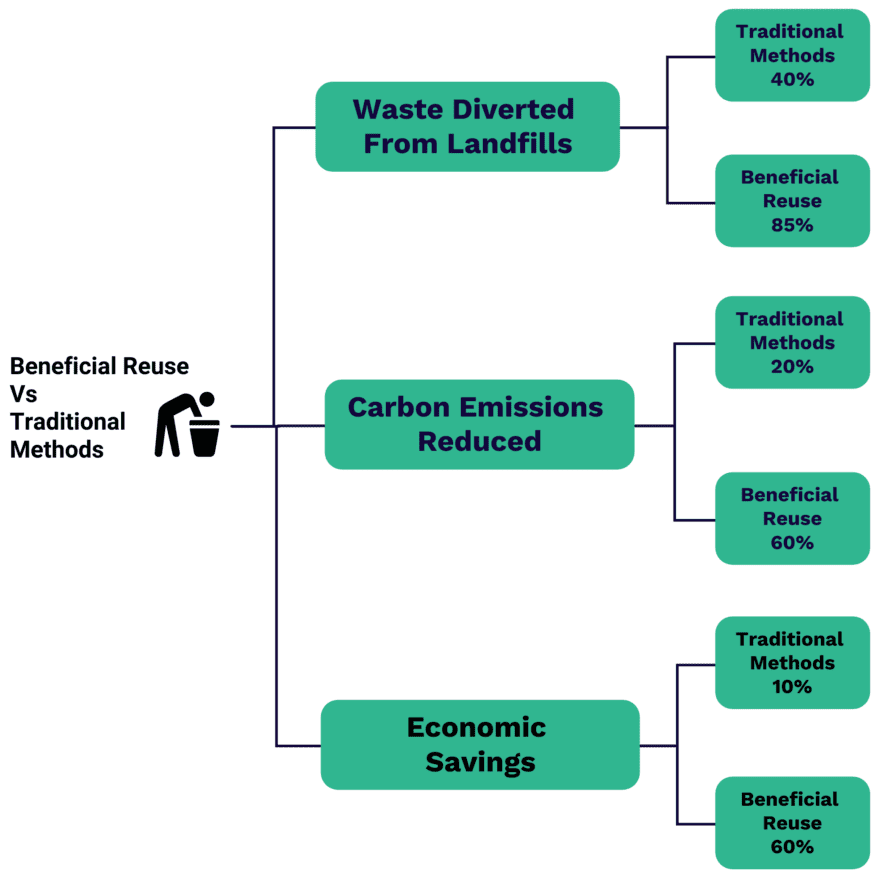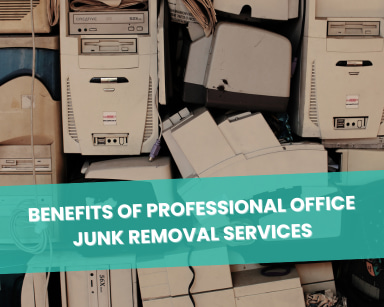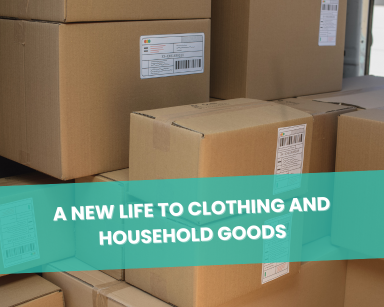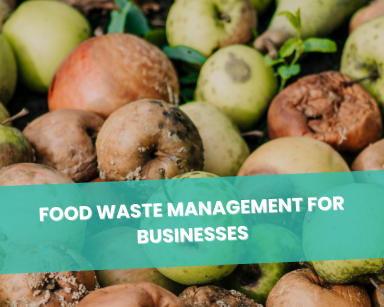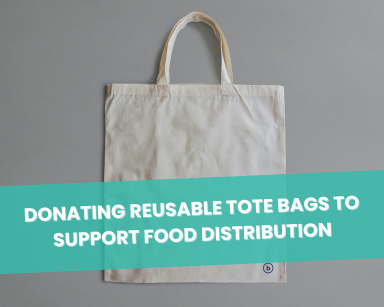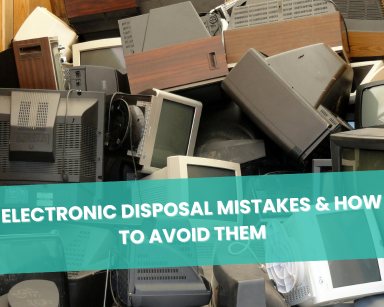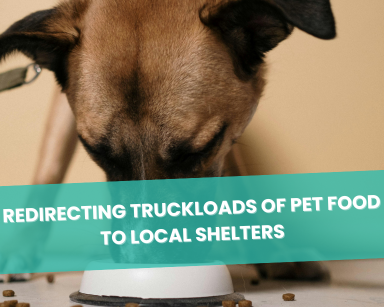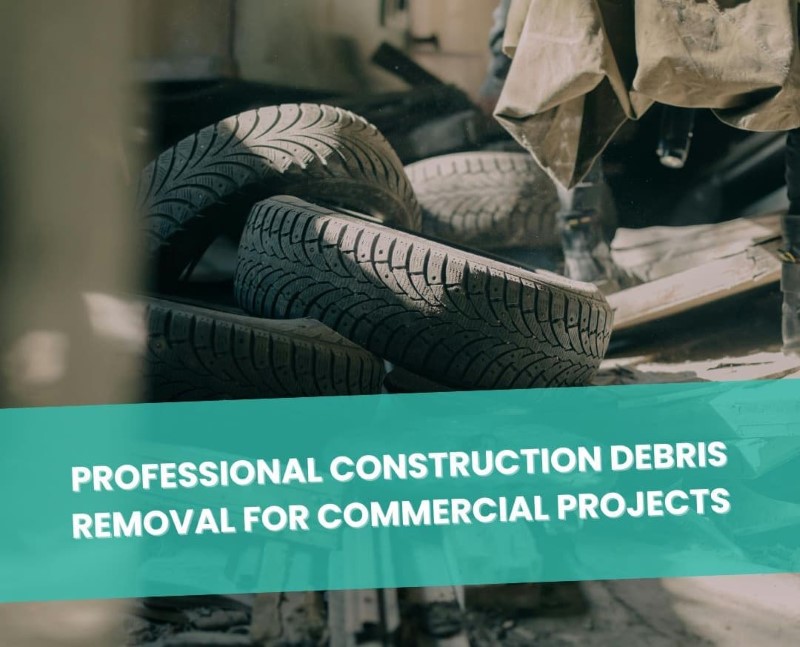Last Chance to Adopt Beneficial Reuse Waste Management
The global waste production is set to increase by 70% by 2050, according to the World Bank. Amidst this looming crisis, the U.S. alone sees an average citizen discarding nearly 5 pounds of trash daily. But here’s the twist – a significant portion of this “waste” isn’t waste at all. Enter the realm of Beneficial Reuse, a groundbreaking approach that’s not just redefining waste management but is poised to revolutionize our very understanding of waste.
This isn’t a mere trend, it’s a paradigm shift backed by research, and it’s reshaping industries, communities, and economies.
Table of Contents
Understanding the Waste Perspective
Before we delve into solutions, it’s crucial to grasp the magnitude of the problem. The linear economy, characterized by its “take, make, dispose” model, has long been the default. But its repercussions are dire. Landfills are overflowing, oceans are brimming with plastic, and our ecological footprint is expanding at an alarming rate.
The Environmental Protection Agency (EPA) notes that over 60% of our waste could be reused or repurposed, yet it ends up in landfills. This isn’t just an environmental concern, it’s an economic travesty, with billions in potential revenue lost.
The Environmental Footprint of Traditional Waste Methods
Every year, traditional waste disposal methods contribute significantly to environmental degradation. Consider these startling figures:
- Landfills emit approximately 12% of global methane emissions, a greenhouse gas 28 times more potent than carbon dioxide over a 100-year period.
- The transportation of waste contributes to 15% of the global carbon emissions, with trucks traveling millions of miles annually.
- Over 1 million marine animals die each year due to plastic debris in the ocean.
These numbers underscore the urgency to pivot from traditional waste methods to more sustainable practices.
The Evolution of Waste Management Practices
Historically, waste management has seen a trajectory from open dumping to sophisticated landfills and then to recycling. But even recycling, once the poster child of sustainability, has its limitations.
The National Waste & Recycling Association highlights that not all materials are recyclable, and not all recyclables actually get recycled. This gap in the system underscores the need for a more holistic approach, one that doesn’t just manage waste but reimagines it.
Beneficial Waste Management: A New Paradigm
At its core, Beneficial Reuse challenges the very notion of “waste.” It operates on a simple yet profound premise: what if discarded items could find a second life? What if they could benefit someone, somewhere? This isn’t a utopian dream.
Organizations worldwide are already harnessing this model, turning “waste” into resources, be it in the form of donated goods, repurposed materials, or even upcycled products. It’s a win-win, with both environmental and socio-economic benefits.
The Economic Upside of Beneficial Reuse
While the environmental benefits of Beneficial Reuse are evident, its economic implications are equally compelling:
- Cost Savings: Companies can save up to 60% on waste management costs by adopting beneficial reuse practices.
- Tax Incentives: Donating repurposed items can lead to tax deductions, further enhancing the economic appeal.
- New Revenue Streams: Repurposed items can be sold, leading to an additional revenue stream for businesses.
Sustainable Waste Practices and Their Impact
The ripple effects of Beneficial Reuse are manifold. On the environmental front, it drastically reduces the strain on landfills and curbs the need for new raw materials. Economically, it offers cost savings, tax incentives, and even opens up new revenue streams. But perhaps its most profound impact is societal.
The Council for Textile Recycling notes that repurposing just 2.5% of discarded textiles can clothe 25 million people annually. This is the power of Beneficial Reuse – turning challenges into opportunities, waste into wealth.
A Comparative Glance: Beneficial Reuse vs. Traditional Methods
To truly grasp the impact of Beneficial Reuse, let’s compare it with traditional waste methods:
A Case Study in Maximizing Value and Minimizing Waste
When we delve into the comparative analysis of Beneficial Reuse vs. Traditional Methods, Happen Ventures stands out as a tangible, real-world example of these statistics in action.
With over $650M of goods reused and 60,000 tons of waste diverted, we’re not just proponents of Beneficial Reuse, we are living proof of its viability and impact.
Our program doesn’t just minimize waste, it maximizes value, offering substantial cost savings, valuable tax write-offs, and an enhanced sustainability profile for businesses across the spectrum
Why Beneficial Reuse is the Future
The business case for Beneficial Reuse is compelling. Beyond the obvious environmental benefits, there’s a tangible ROI. Companies can tap into tax breaks, reduce waste management costs, and even enhance their brand image.
In an era where consumers value sustainability, adopting Beneficial Reuse isn’t just good ethics, it’s good business. As industries evolve and sustainability becomes non-negotiable, Beneficial Reuse isn’t just the future, it’s the present.
Conclusion
As we navigate the complexities of the 21st century, the call to action is clear: redefine, repurpose, and reimagine. Beneficial Reuse offers a roadmap, a blueprint for a sustainable, equitable future. It’s not just about managing waste, it’s about envisioning a world where waste doesn’t exist. The journey is underway, and every individual, community, and business has a role to play.

